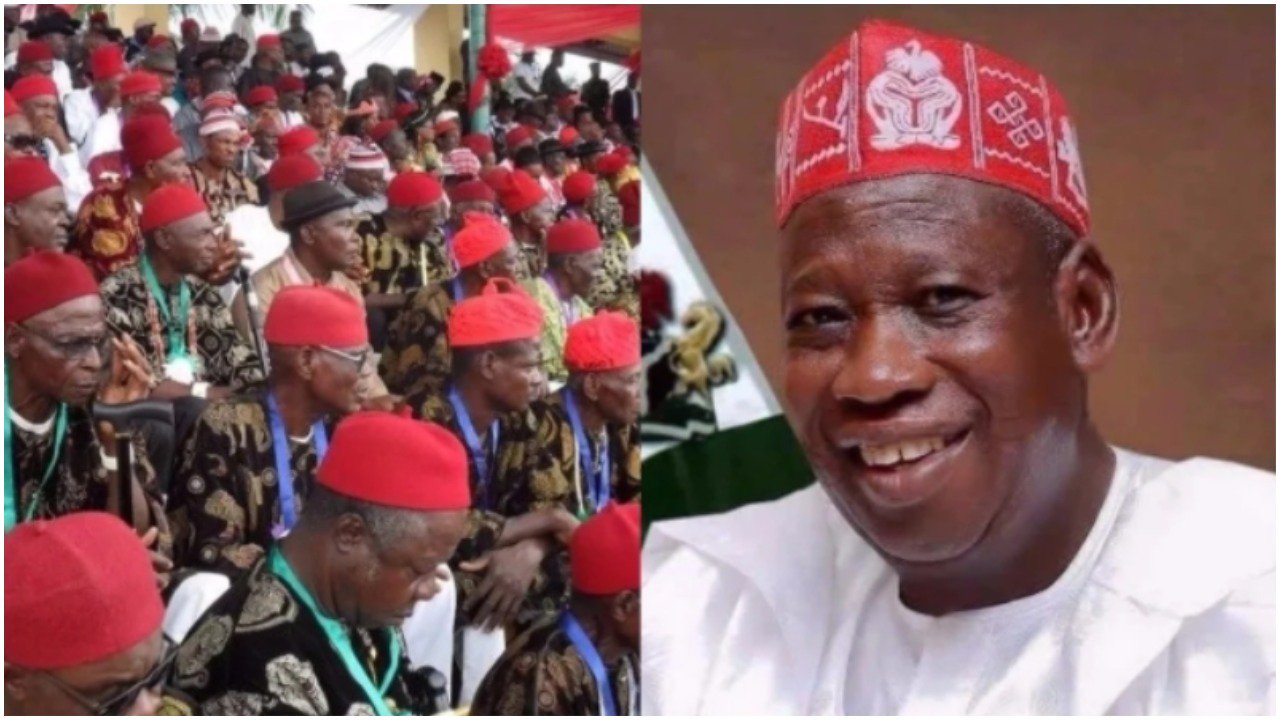
Igbo community in Kano and the State Governor, Dr Abdullahi Umar Ganduje have warned against asking herdsmen living in the South to return back to the North.
They described the call as nothing but divisive, anarchical and too dangerous, insisting that Nigerians should stay and enjoy their lives anywhere they so wishes.
According to Ganduje, “Those who are calling on the Fulani to leave South, we don’t share the same feeling with them. People have a choice, as far as Nigeria’s constitution is concerned, they can o live wherever they chose to. But they must respect laws and cultures of those they are living with.”
For the Eze Ndigbo Kano, President General and Igbo Traditional Leader in the Diaspora, Igwe Boniface Ibekwe challenged that, “Just look at what is happening now, some people are calling on Fulani to come back to the North. So if they come back what will happen to us here in the North?
He continued, “…Our people will tell us to go back to the South. Is that what our forefathers wished to see us doing? We are therefore rejecting such call coming from some quarters. It does not mean well for the corporate existence of our dear country.”
The rejections by the governor and Ibekwe were pronounced during a Special Dinner organised by governor Ganduje in honour of Eze Ibekwe to rejoice with him, on his 10th Offalla anniversary, which took place at Africa House, Government House, Kano, Saturday night.
The Governor argued that, there is no doubt that Nigeria is a heterogeneous society with different religions and nationalities which calls for mutual respect among different people, insisting that, “As we are all creatures of Allah, it is duty-bound on all of us to always respect Allah’s creatures. No two ways about it.”
He said that, the issue of Fulani roaming about from one place to another should be stopped. Arguing that, “We must find a way of turning the table from being social and cultural engagement to becoming social and economic. Herders should drop the cultural attachment to their rearing activities and make their rearing economically beneficial.”





